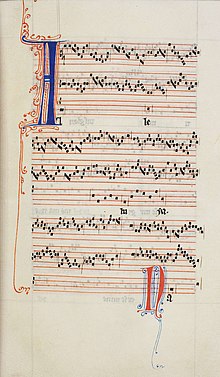 |
| Roman hoard found at St. Albans |
Every once in awhile we hear of someone finding a hoard of coins or other treasure from centuries past. The Treasure Act of 1996 in England was created to answer the question: to whom does this find belong? How should it be handled? The Act applies to England, Ireland, and Wales; Scotland has its own laws regarding found treasure.
The rules for a find are simple: within 14 days, you must report your find to the local coroner. The coroner will conduct an inquest to determine if the find is, in fact, "treasure." The legal definition of treasure is based on whether it has real world (not just sentimental) value. The presence of a large number of items and the presence of a certain percentage of gold or silver figures into the definition. Also, the find must be at least 300 years old.
If the find is determined to be treasure, it must be offered for sale to a museum after being evaluated by a board of experts, called the Treasure Valuation Committee. If no museum wants the treasure, then the finder/owner can retain it or sell it to someone else.
What if I use a metal detector and find a hoard of coins in a farmer's field? Does it belong to the finder or to the property owner? The Treasure Act declares that the finder(s) and land owner(s) share the wealth in a ratio (usually 50/50) determined by the Treasure Valuation Committee.
Next I'll share some of the most notable treasures that were hoards of coins.






























